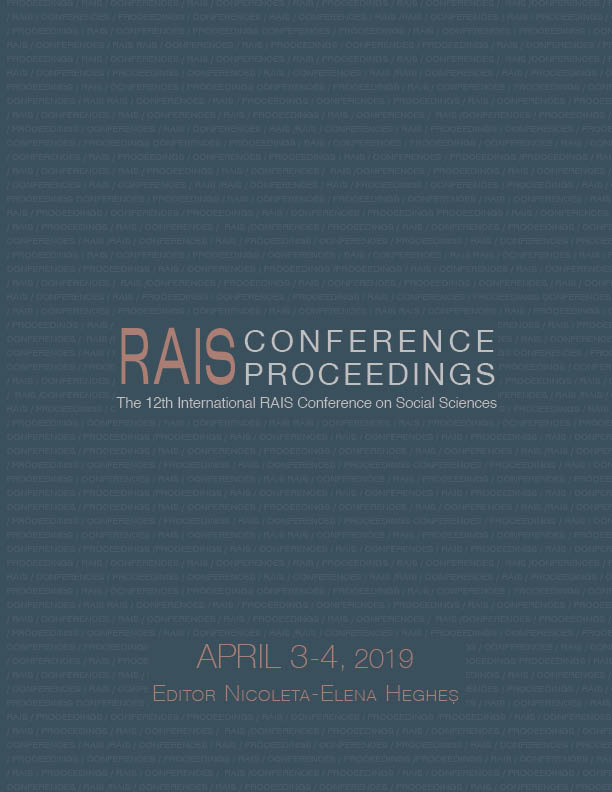Nuclear Policy in Equation of Power Balance
Nuclear Policy in Equation of Power Balance
Author(s): Florian Râpan
Subject(s): Military policy, Peace and Conflict Studies
Published by: Scientia Moralitas Research Institute
Keywords: disarmament; international cooperation; nuclear hazard;
Summary/Abstract: After the end of the Cold War, it was attempted to create the appropriate framework for progress in armaments control and disarmament. Although there have been fundamental changes in international relations and the security environment, efforts and initiatives in the field have proved to be often free from obstacles and disagreements. One reason for this is due to the increase in the number of states involved in the negotiations and, implicitly, the multiplication of political, economic and security interests. The logic of the bipolar world and nuclear deterrence, characteristic of the Cold War, did not take into account the security aspirations of other state actors. Currently, nuclear weapons, although necessitating an internationally sustained dialogue, raise issues that make it difficult to cooperate in this area. Owners cannot be subjected to collective sanction. Theoretically, they have great freedom of action, which can ultimately be restrained only by other nuclear powers. In addition, the idea of an anti-missile shield is increasingly being discussed, but in the absence of bilateral or multilateral agreements limiting the number and location of ballistic interceptors that can be placed by different states.
Book: Proceedings of the 12th International RAIS Conference on Social Sciences and Humanities
- Page Range: 323-329
- Page Count: 7
- Publication Year: 2019
- Language: English
- Content File-PDF

